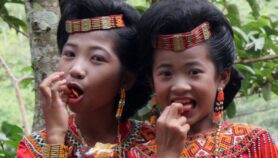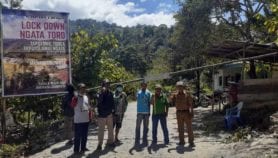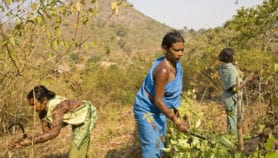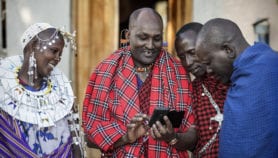06/08/15
Business adds value to indigenous medicine
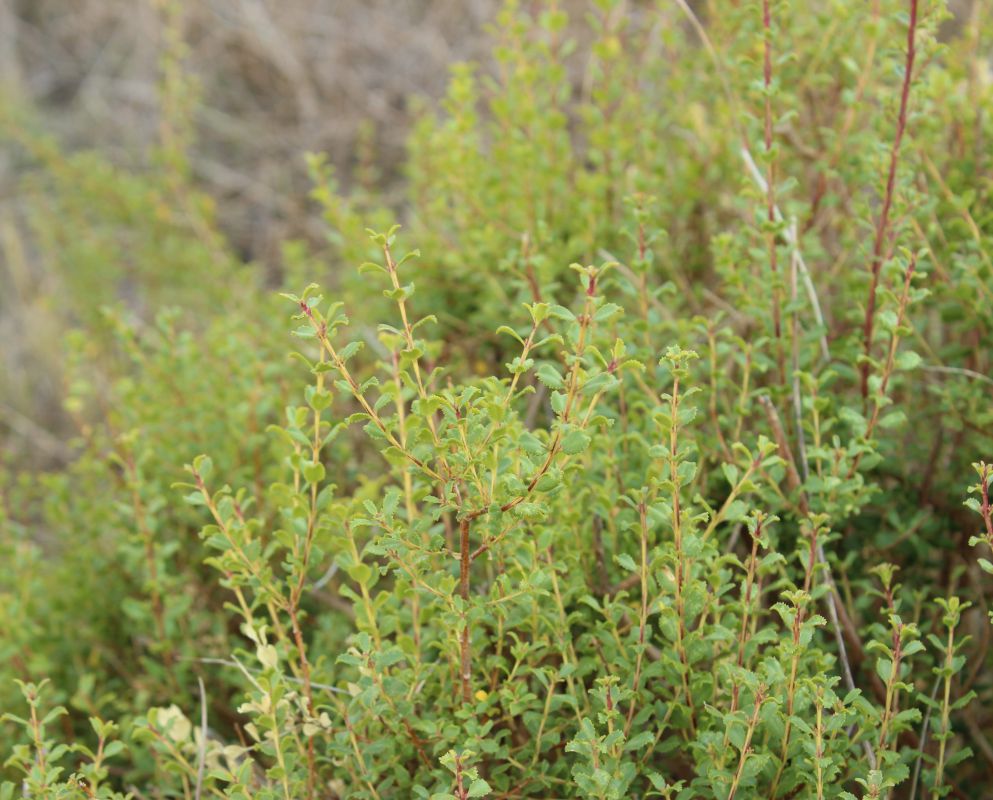
Buchu is a plant native to South Africa’s Cape region. The indigenous San and Khoi people have used it for thousands of years. The United Kingdom officially recognised buchu as a medicine in the early 1800s
Anita Makri
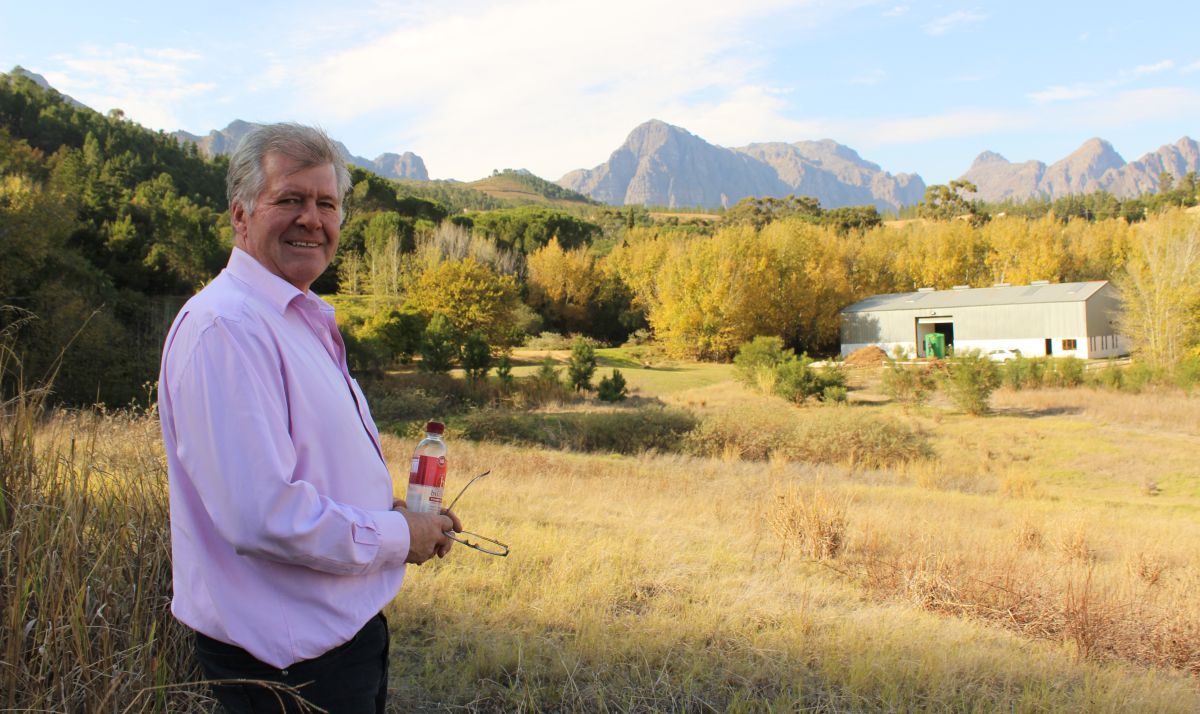


Michael Stander, CEO of nutraceuticals company Cape Kingdom, which develops health products using the plant under an agreement that sees three per cent of revenue go to the San and Khoi people. A South African law requires businesses dealing with medicinal plants to adopt a benefit-sharing agreement
Anita Makri
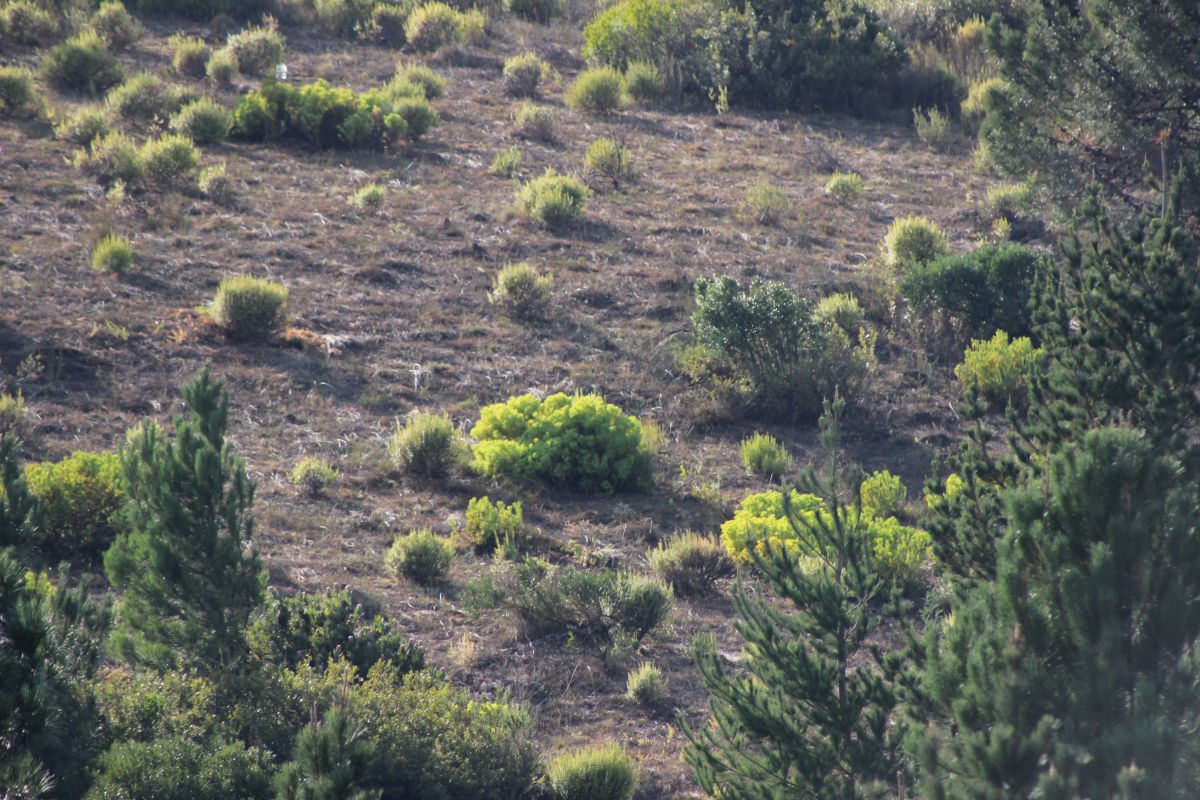


Wild buchu in the Paarl Valley. There are over 200 species of the plant, which grows nowhere else in the world. Cape Kingdom uses two species: Agathosma crenulata in the Paarl Valley and Agathosma betulina in the Cederberg area
Anita Makri
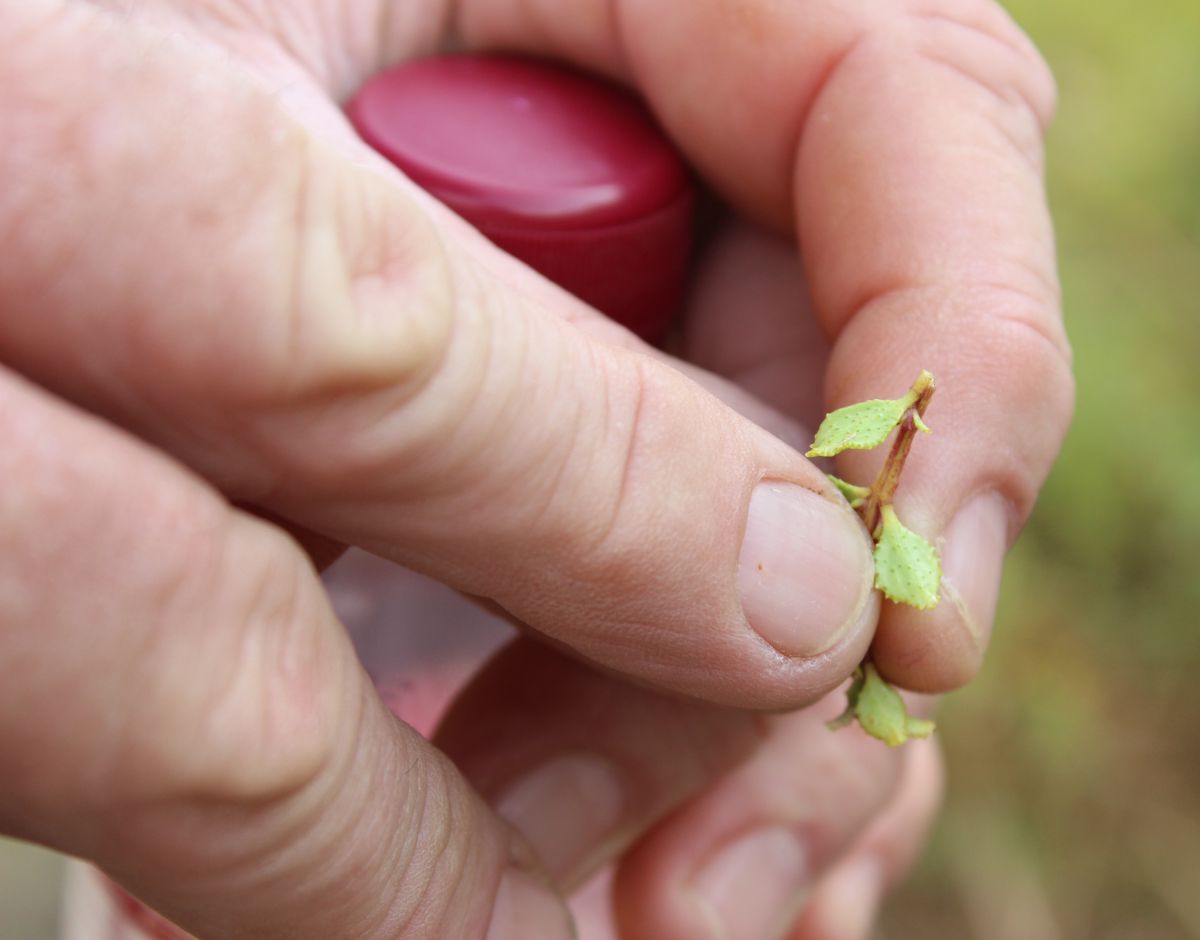


Paarl Valley buchu has oval leaves and Cederberg buchu has round leaves. Cape Kingdom grows and buys buchu plants, and researches their properties
Anita Makri
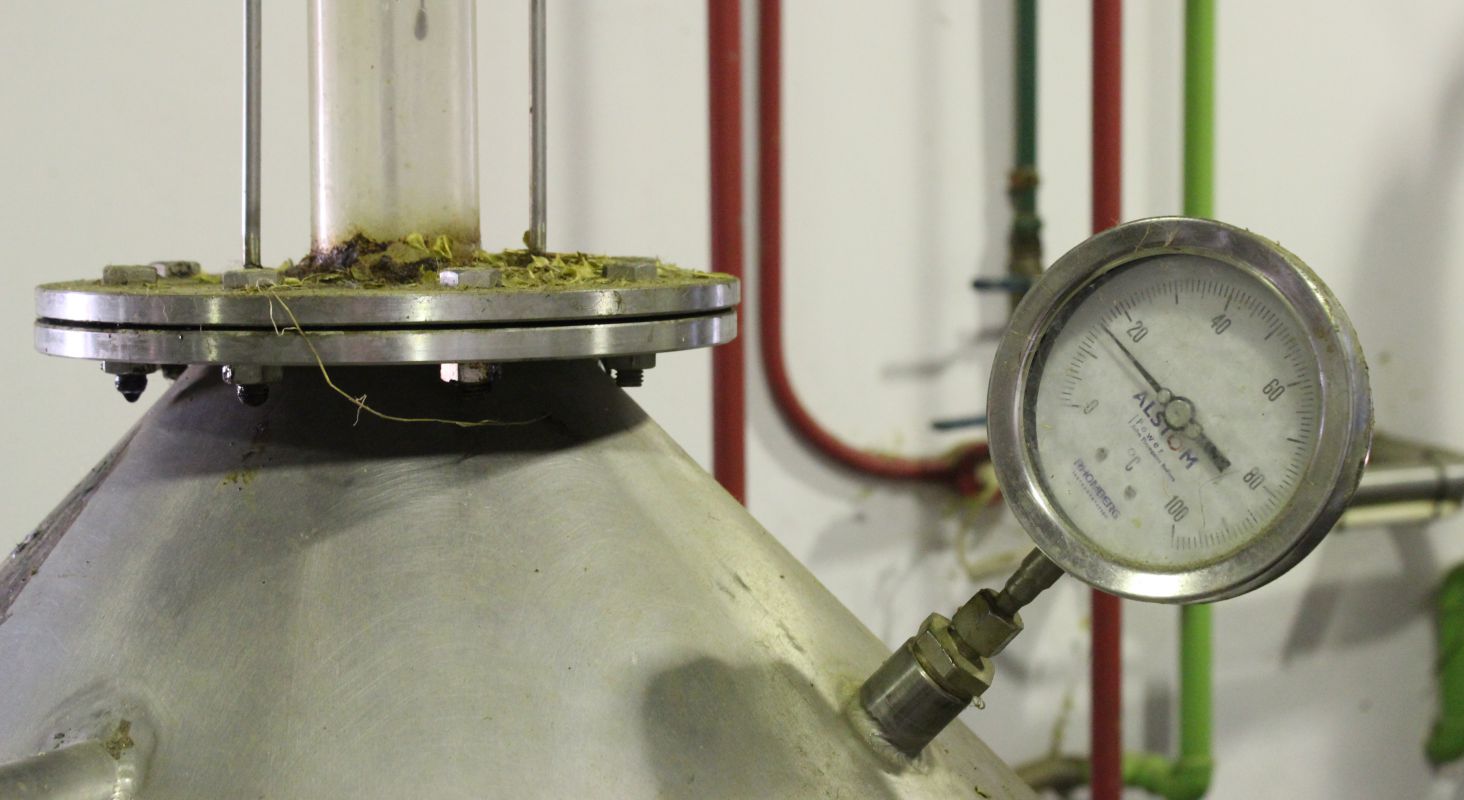


In its Paarl distillery, the company uses a patented extraction system. “Science gives us the ability to add value” to the plant’s properties, says Stander. This, along with indigenous knowledge of these properties, enables the company to bring in revenue
Anita Makri
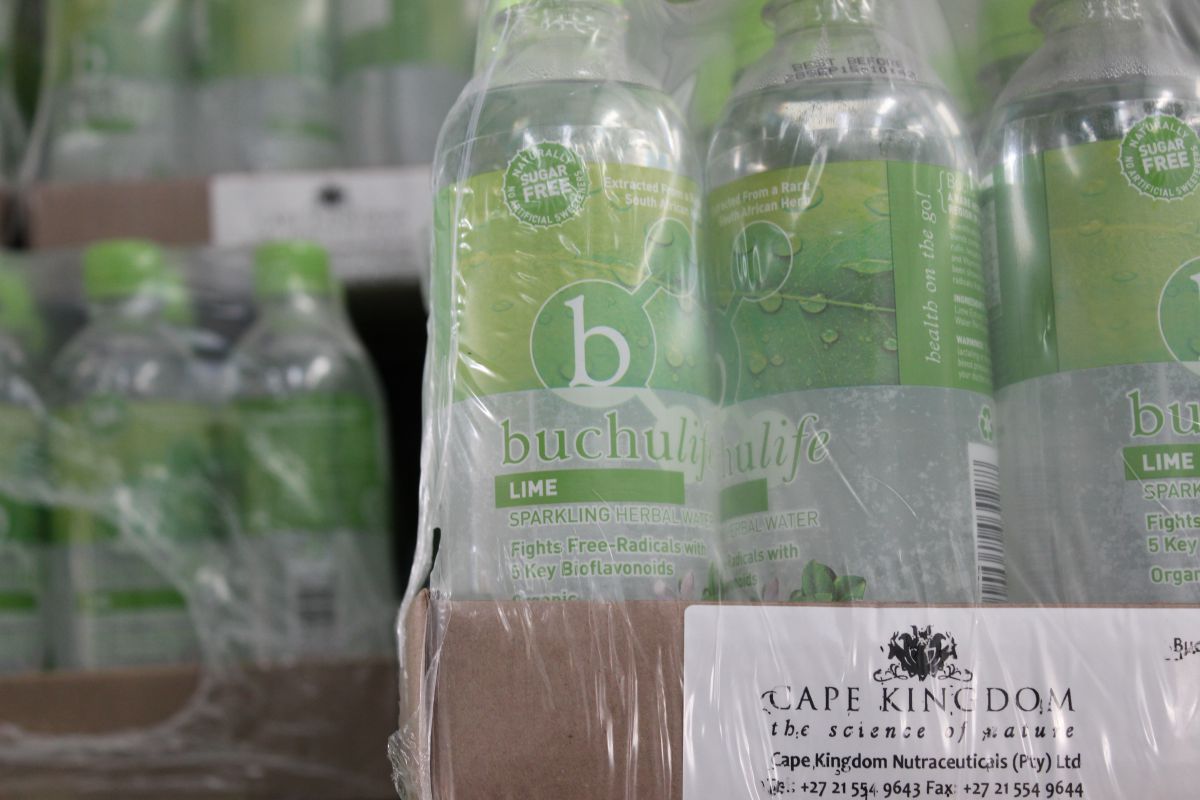


Flavoured water infused with buchu — the company’s first product. Stander learned about the healing properties of the plant from his mother, who used it to manage her arthritis. San elders told the company about its traditional use in treating digestive and urinary tract problems
Anita Makri
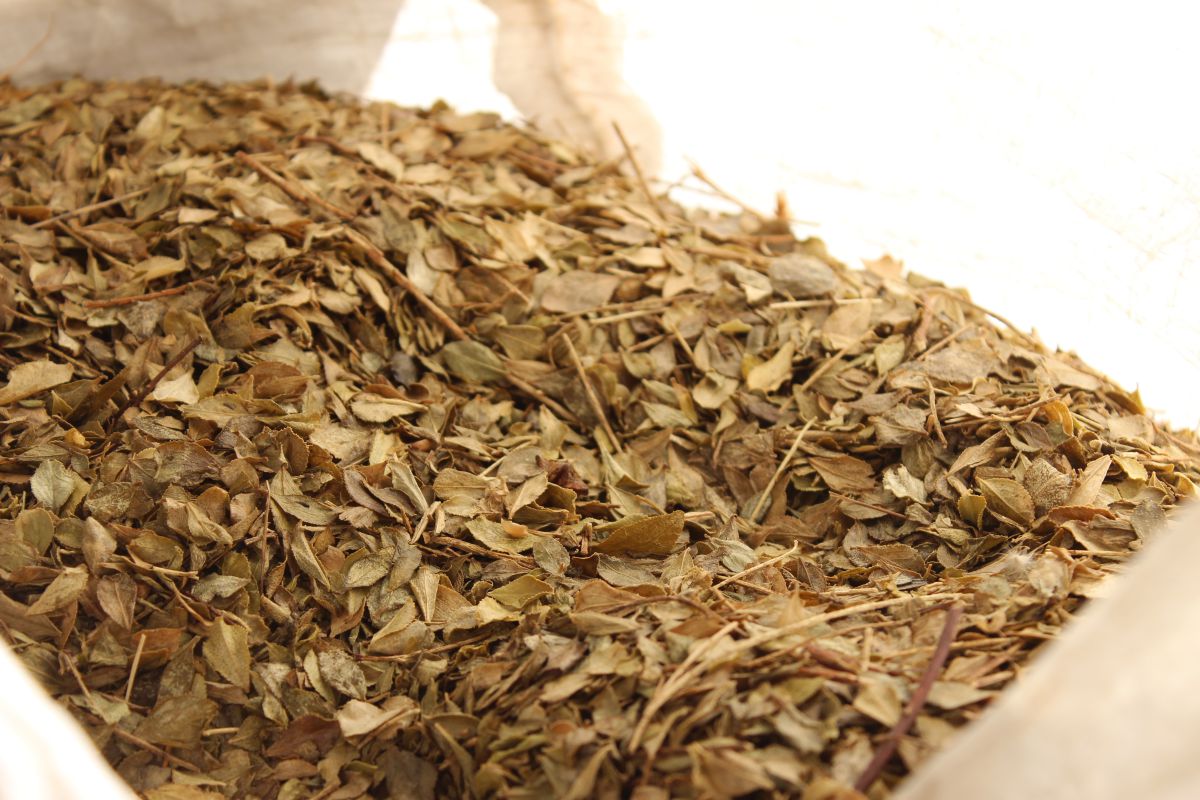


Dried buchu leaves. The plant is a natural anti-inflammatory and has antimicrobial properties. Cape Kingdom is also investigating the plant’s ability to treat diabetes and high blood pressure. This research includes clinical trials, most recently on controlling blood sugar levels and protecting the heart and blood vessels
Anita Makri
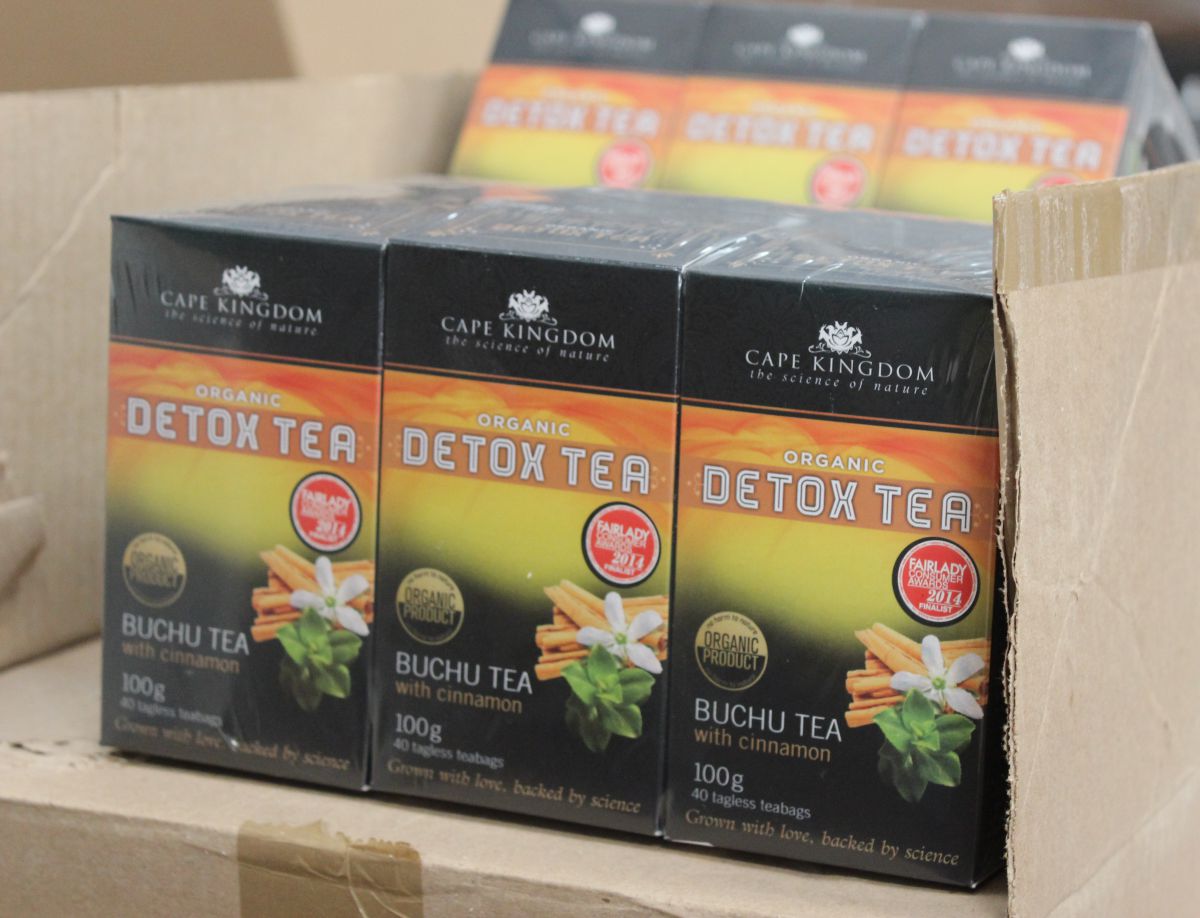


Tea was one of the plant’s first commercial uses. In late eighteenth century Europe, it was known as noble’s tea because only the rich could afford it. For centuries, South Africa’s indigenous people shared their knowledge of the plant’s properties with Europeans, without receiving any benefits
Anita Makri
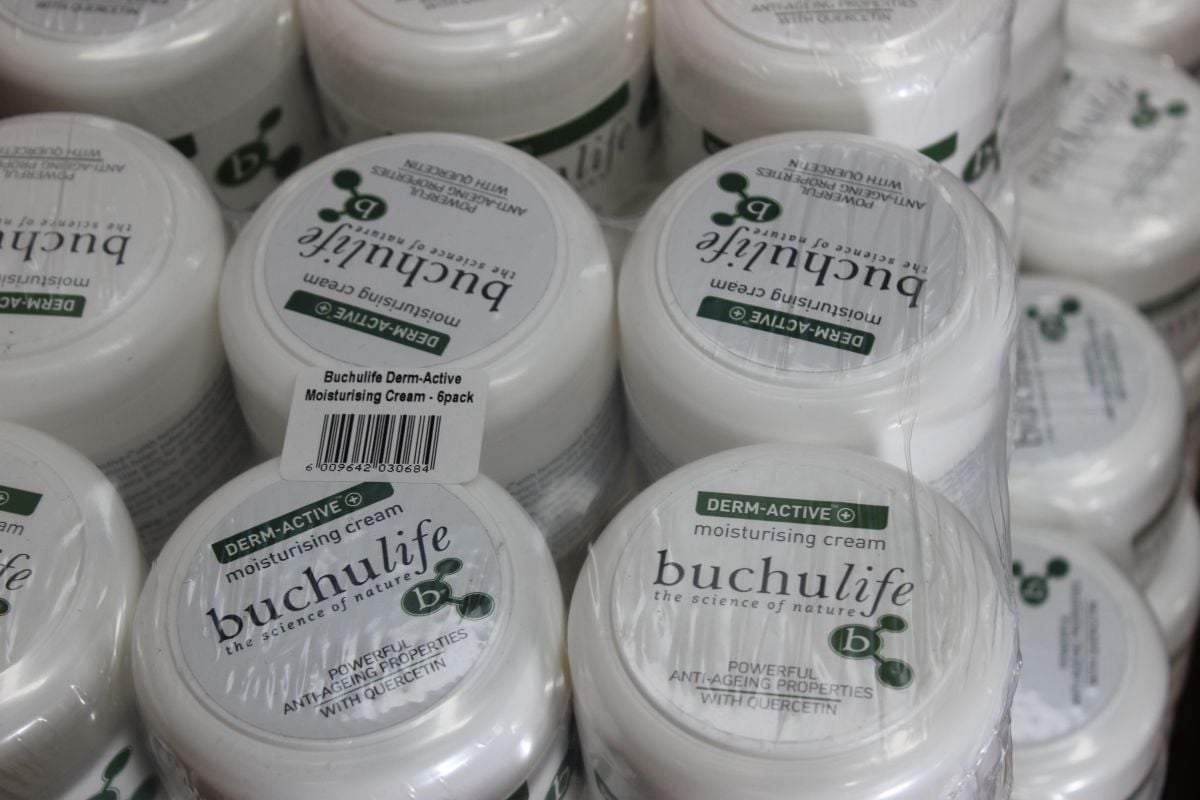


Buchu moisturising cream. Skincare was an early use of the plant, according to Stander: history books say that sailors travelling round the Cape would treat their skin with buchu leaves mixed with the fat of a lamb’s tail
Anita Makri



The company is developing products for pets using the plant. It is also targeting a global market and, with the benefit-sharing agreement in place, the more revenue it accrues, the more income trickles down to the indigenous communities
Anita Makri
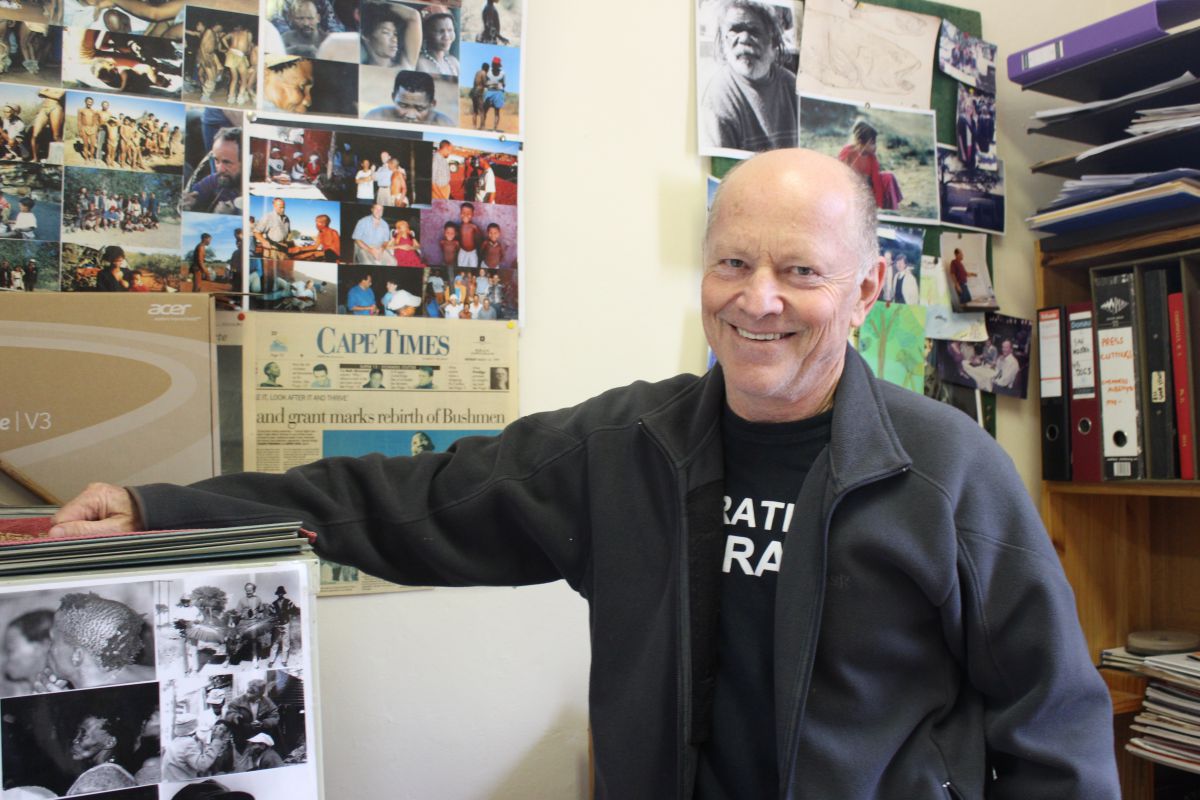


Roger Chennells, the human rights lawyer who negotiated the benefit-sharing agreement between Cape Kingdom and the indigenous groups. “We’re very proud of the agreement,” he says. It belatedly acknowledges the San and Khoi as the originators of knowledge about buchu, he says
Anita Makri
By: Anita Makri
Send to a friend
The details you provide on this page will not be used to send unsolicited email, and will not be sold to a 3rd party. See privacy policy.



For thousands of years, the San and Khoi indigenous people of what is now South Africa have used a plant known as buchu that is native to the western part of the country. They consider it a holy plant and use it to treat ailments such as fever, stomach ache and back pain. The San and Khoi have freely shared their knowledge of medicinal plants with others who arrived in South Africa over the centuries. But, until recently, they never received any benefits when that knowledge was used for commercial gain.
A global legal framework that came into force in 1992 changed that. Countries that signed the Convention on Biological Diversity had to ensure that the originators of traditional knowledge get a fair share of any benefits when universities or businesses use biological resources.
Several companies have used buchu for years as a medicine or food additive. When South Africa passed its benefit-sharing laws, ‘nutraceuticals’ company Cape Kingdom came forward voluntarily to negotiate an agreement with the San and Khoi people.
The agreement is an example of a fair partnership where indigenous people and a private firm work together to add value to natural resources and benefit from their use.
This image gallery visits the Paarl Valley, one of the areas where buchu grows wild, to take a look at the plant, Cape Kingdom’s facilities and some of the health products developed with the plant.


